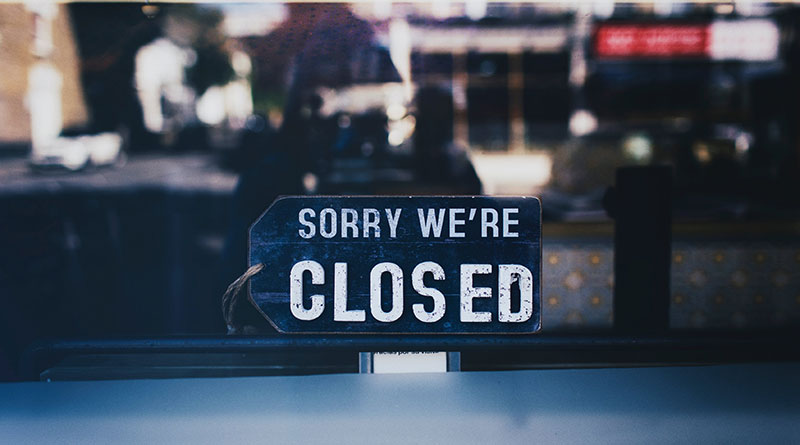UK Economy Suffers Worst Year On Record

The UK economy suffered its largest annual decline in GDP on record in 2020, as the coronavirus pandemic reduced output by 9.9 per cent.
The figures are the worst in recorded history and may represent the sharpest year-on-year contraction since the Great Frost of 1709, and are worse than the 9.7 per cent contraction recorded in 1921, when coal strikes and mass unemployment beset the British economy.
Data released by the Office for National Statistics (ONS), confirms:
- Monthly gross domestic product (GDP) increased by 1.2% during December 2020 but remained 6.3% below February 2020 levels.
- In December 2020, services grew by 1.7% following the easing of restrictions in many parts of the UK early in the month, while construction fell by 2.9%; production and manufacturing growth was more subdued at 0.2% and 0.3% respectively.
- Quarter 4 (Oct to Dec) 2020 saw a rise of 1.0% in GDP following a rise of 16.1% in Quarter 3 (July to Sept) 2020; however, GDP in Quarter 4 2020 was 6.6% below Quarter 4 2019 levels.
- In Quarter 4 2020, there were rises from each of the main components, with services at 0.6%, production at 1.8% and construction at 4.6%.
- In 2020, headline GDP declined by 9.9%, which is more than twice the fall in 2009.
December GDP was considered to be 6.3 per cent below February 2020 (pre-pandemic) levels.
The beleaguered services sector acted as the main contribution to growth over the month, increasing by 1.7 per cent as a number of consumers facing industries reopened for the festive period. However, the sector remains the most impacted since the pandemic began.
The Business Impact of Coronavirus Survey (BICS), which covered the dates January 11 to January 24, revealed that 12 per cent of businesses had seen turnover decline by more than 50 per cent compared with what is normally expected in January.
The percentage of businesses that were trading in January plunged to 71 per cent.
The data confirms is that 2020 was the worst year for the UK economy for 300 years, and the 9.9 per cent slump also looks to have been the largest among G7 countries, with every sector experiencing an extremely severe slowdown.
Chancellor Rishi Sundak said : “While there are some positive signs of the economy’s resilience over the winter, we know that the current lockdown continues to have a significant impact on many people and businesses.
“That’s why my focus remains fixed on doing everything we can to protect jobs, businesses and livelihoods.
“At the Budget I will set out the next stage of our plan for jobs, and the support we’ll provide through the next phase of pandemic.”
Alpesh Paleja, CBI lead economist, said: “Getting the pandemic under control is critical to our recovery, and the speedy rollout of vaccines gives us some hope.
“But until this ends the stop-start cycle of lockdowns, businesses will need support to continue in parallel with restrictions.
“The Budget comes at a critical time for the UK. Extending the furlough scheme through to summer and continuing the business rates holiday for another three months will help safeguard jobs, livelihoods and communities across the country.”
